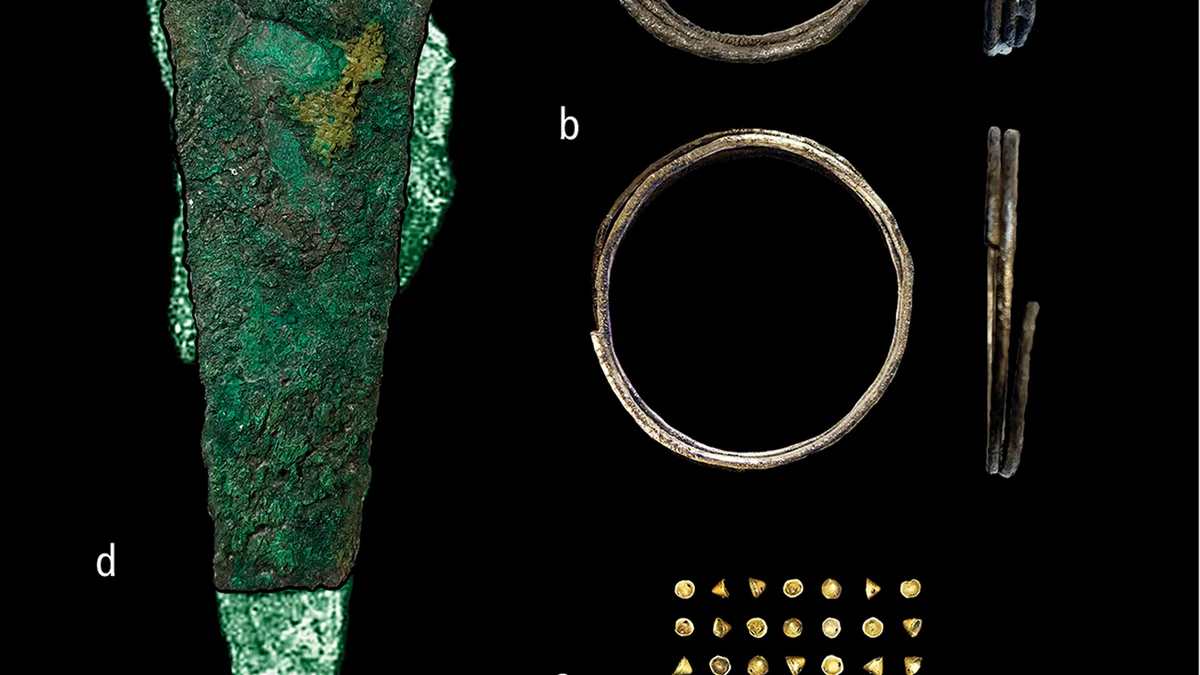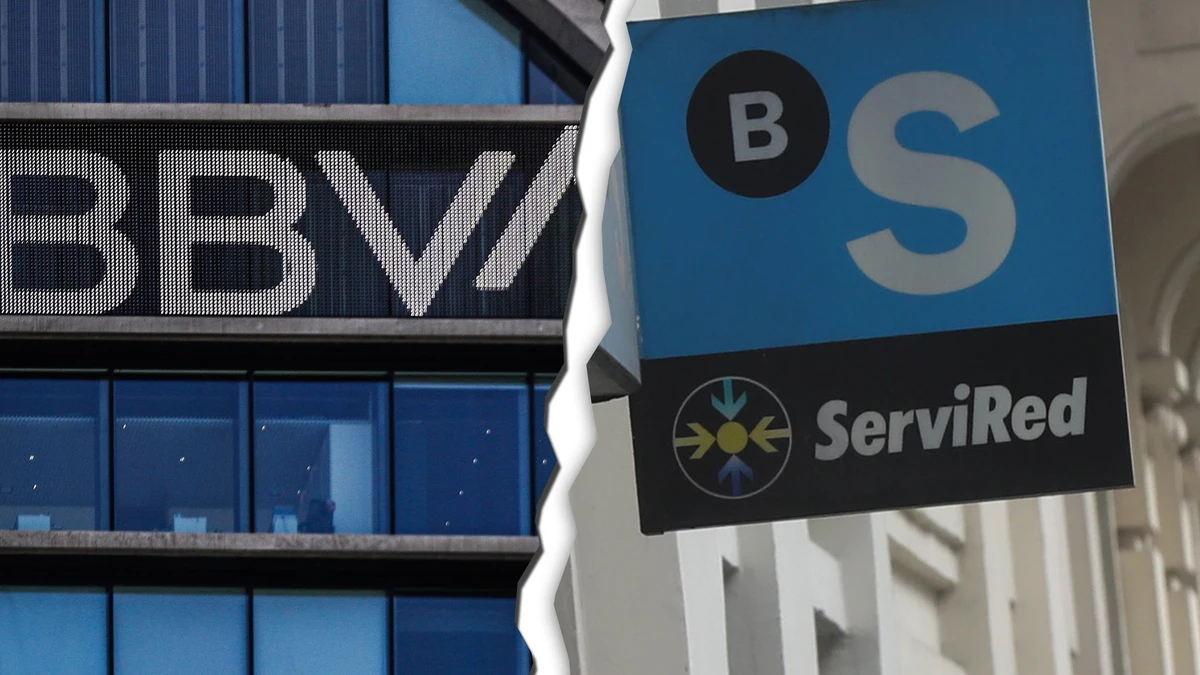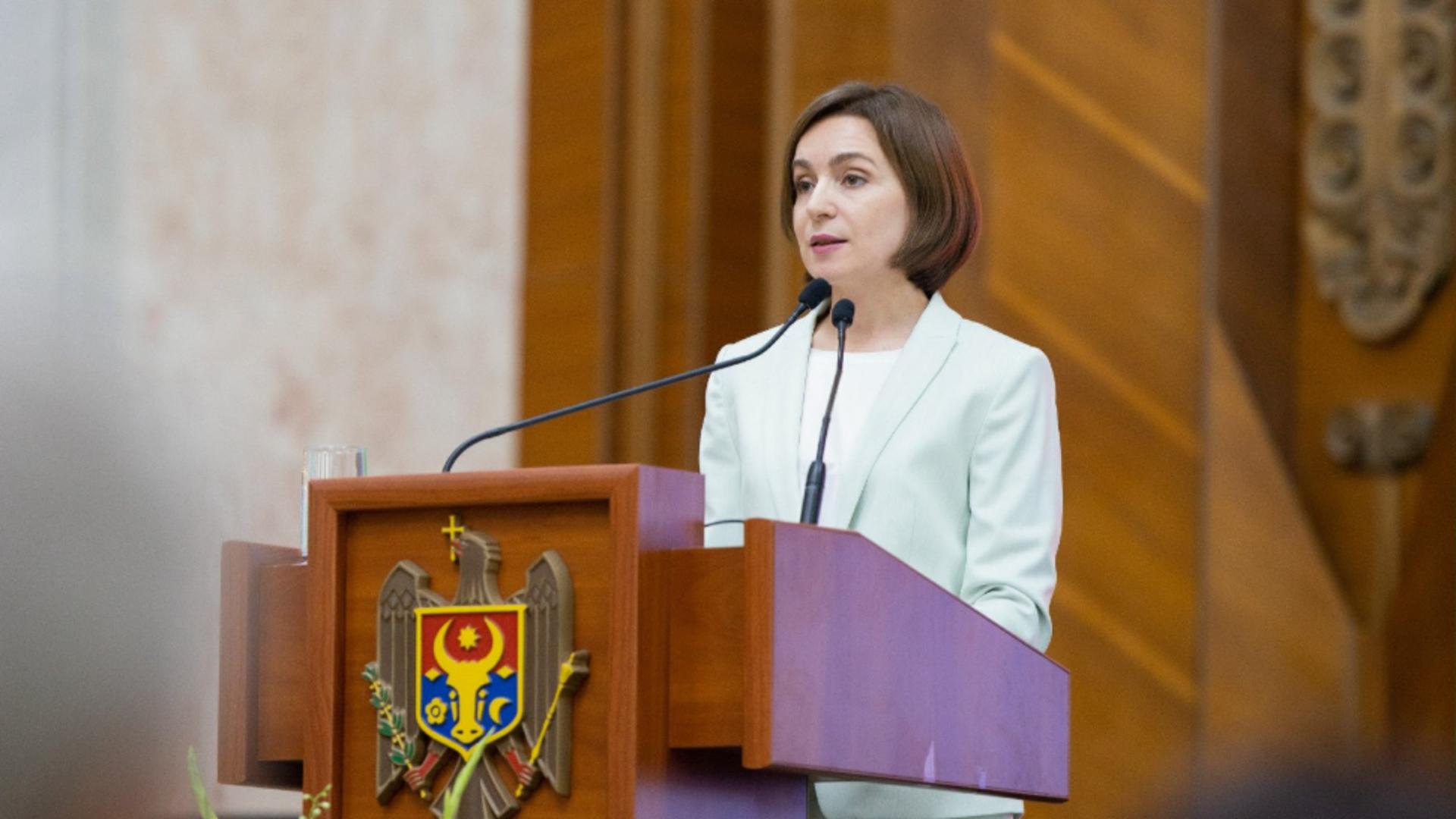Much recent discussion in Chicago has focused on ShotSpotter and resource officers in schools. Yet, one major overlooked issue that needs commonsense reform is the lack of equal transparency and accountability with sworn campus police officers based out of private universities.
Campus security guards and law enforcement can do incredibly important work. Last August, an officer at a historically Black college or university averted a much greater tragedy in Jacksonville, Florida, when he quickly acted on a student tip and approached a man who then sped off and went on to kill three African Americans at a nearby Dollar General store in racially motivated killings.
Yet, these same organizations can sometimes occupy uneven legal gray areas that fall below the minimums of transparency and accountability that have been established for law enforcement at the city, county and state level.
Under Illinois law, private colleges and universities can choose to form their own campus police departments. Officers from these departments must complete the same basic training as other officers, and they possess the same powers as city police. Functionally, these private departments complement and can even begin to substitute for local law enforcement, with local patrolling and making arrests.
However, these officers are not subject to the same open records laws as other officers and complaint, review and investigation mechanisms can be embedded in the opaque and radically unaccountable environments of private universities. This is despite the fact that these officers interact not only with students, but also members of the general public — for instance, those who live near these universities, or who visit those areas to see museums or attend athletic events.
Some situations can include not only mental health crisis responses and perceptions of discrimination, but also allegations of sexual misconduct and assault. For example, the recent claims of officer exploitation of an underage migrant here in Chicago, for which there can easily be envisioned a roughly parallel campus scenario involving the experiences of a vulnerable person who becomes impaired after drinking at a tailgate or party. But, if an officer happens to come from one department rather than another, those directly affected as well as anyone with concerns cannot reliably access the same basic level of information, and any complaint or investigation process would not be guaranteed to have the same regularity and dependability as city or county procedures.
This issue is even more pressing because notably poor decision-making and mishandling of internal affairs have surfaced in higher education. Infamously, Michigan State University enabled the serial abuse of sports doctor Larry Nasser. However, here in Illinois, recent scandals include hazing allegations at Northwestern University and a student aid price-fixing lawsuit against the University of Chicago that resulted in no admission of liability but also a $13.5 million settlement. Given such recurring instances coming out of higher education, it seems unwise to continue exempting such institutions from uniform standards and trust them to fairly evaluate and respond to community policing concerns. That simply leaves too much to their own discretion.
One solution that begins to address this issue and deserves support is State Bill 1275, which was introduced last February by state Sen. Robert Peters, representing the 13th District, in continuation of an almost decade-old effort of now-retired state Rep. Barbara Flynn Currie. Among its positive changes, this bill proposes to make any evidence publicly discoverable information, in the case of settlements by these private departments. It also mandates that counties and municipalities establish more regularity around complaints, investigations and reviews, such as by bringing them under their own existing procedures. Although not providing fully equal transparency and accountability, these changes are clear improvements and major steps in the right direction.
This is a basic good government initiative that Illinois residents should support to help root out and eliminate possible abuses, increase trust in law enforcement and make our communities stronger and safer. It is well past time to eliminate these gaps in state law and start bringing private university police departments up to the same standards that are expected from our officers who serve at the city, county and state levels. If higher education administrators in Illinois choose to operate private police departments, it is simple common sense that the same standards of transparency and accountability should apply.
Jim Garfield is a Chicago attorney whose practice focuses on protecting tenants. He also is state chair of the Independent Voters of Illinois-Independent Precinct Organization (IVI-IPO) and sits on the board of FairVote Illinois.





